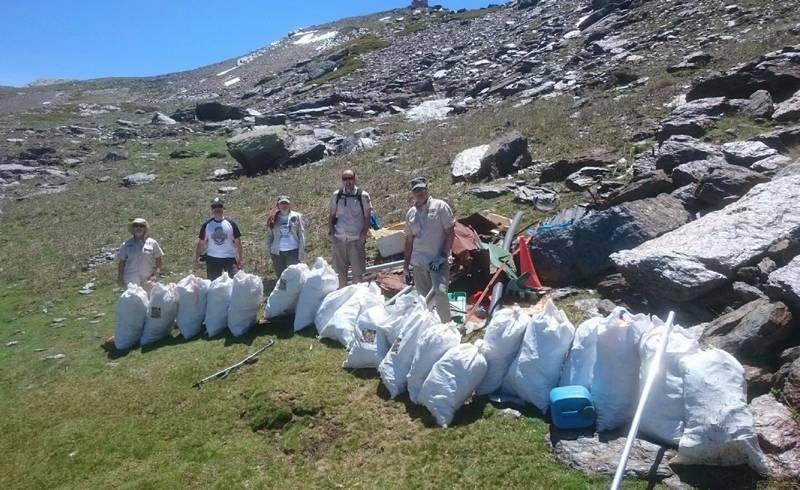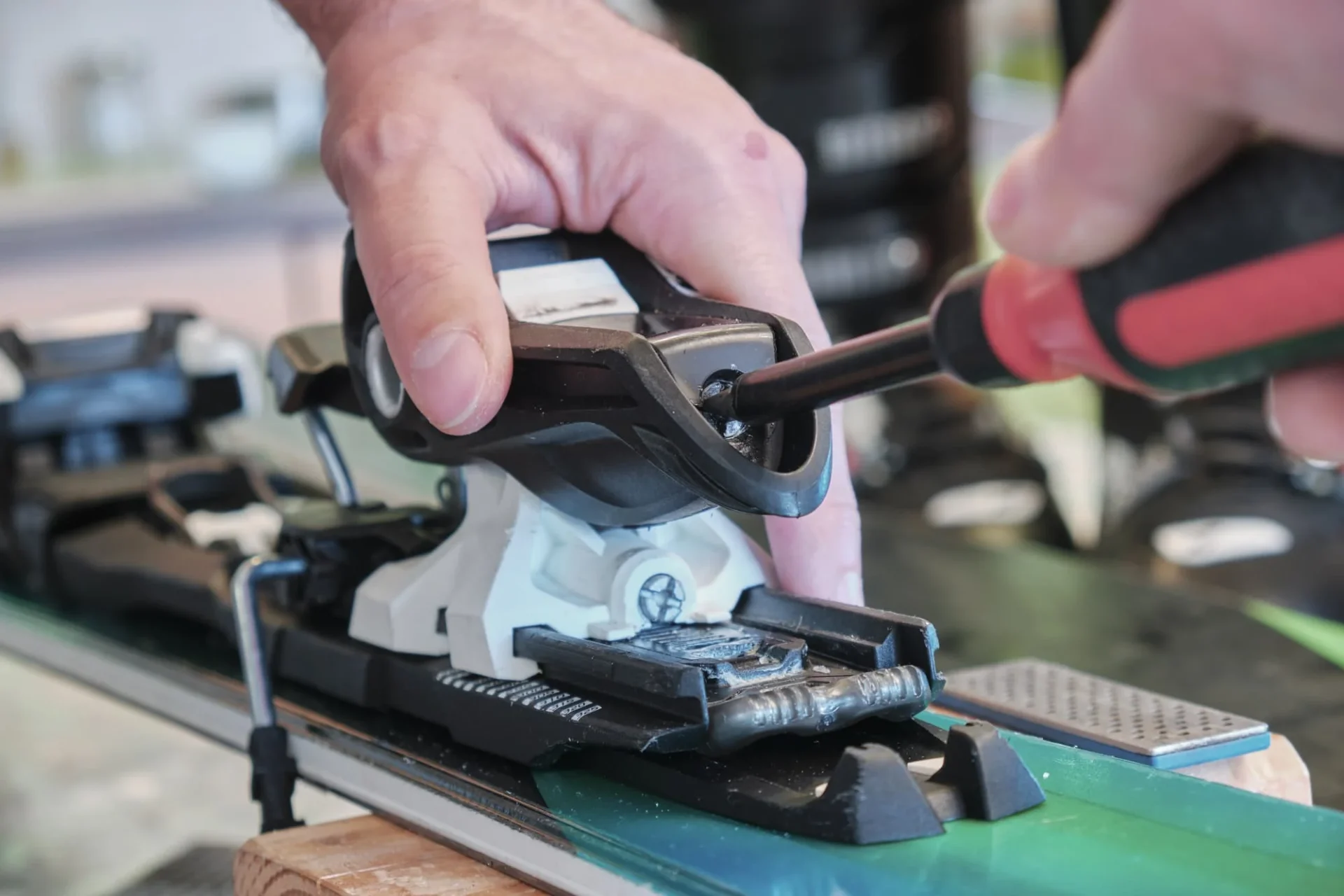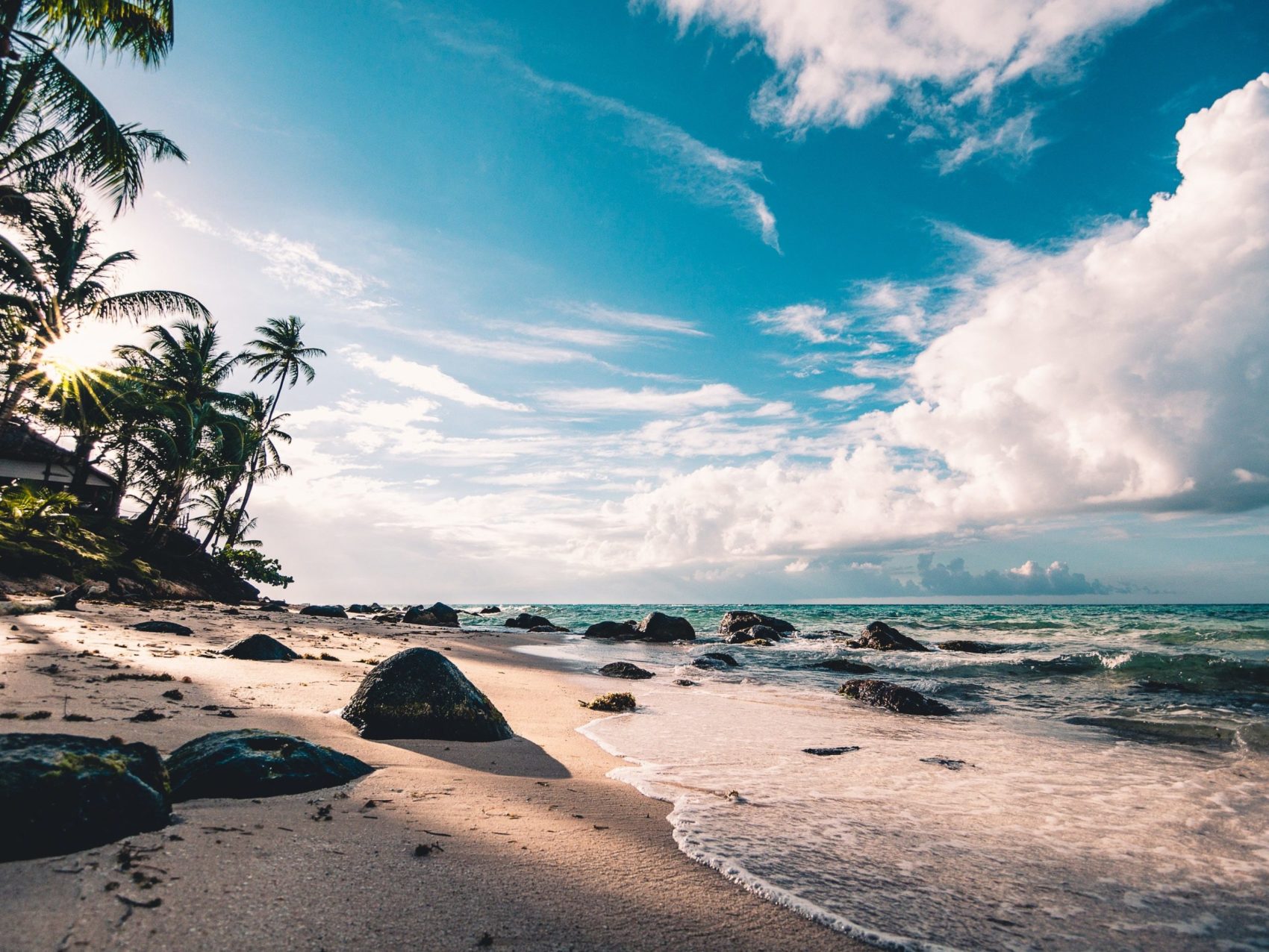
The ocean’s ecosystem is being harmed by one of the most frequent plastic forms of litter around the marine coast: cigarette butts. Billions of cigarette filters, also known as “butts or ends,” are everywhere, many of them around street curbs where they flow through the storm drain and finally end in the ocean.
A recurrent spot where you can find cigarettes butts pollution is probably in the sand of your local beach and they are threatening the quality of the seawater and marine life. The core of cigarette filters is made of a plastic form called cellulose acetate which degrades into the ocean environment.
“Depending on the conditions of the area the cigarette butt is discarded in, it can take 18 months to 10 years for a cigarette filter to decompose.”
– Joly FX and Coulis M, 2018
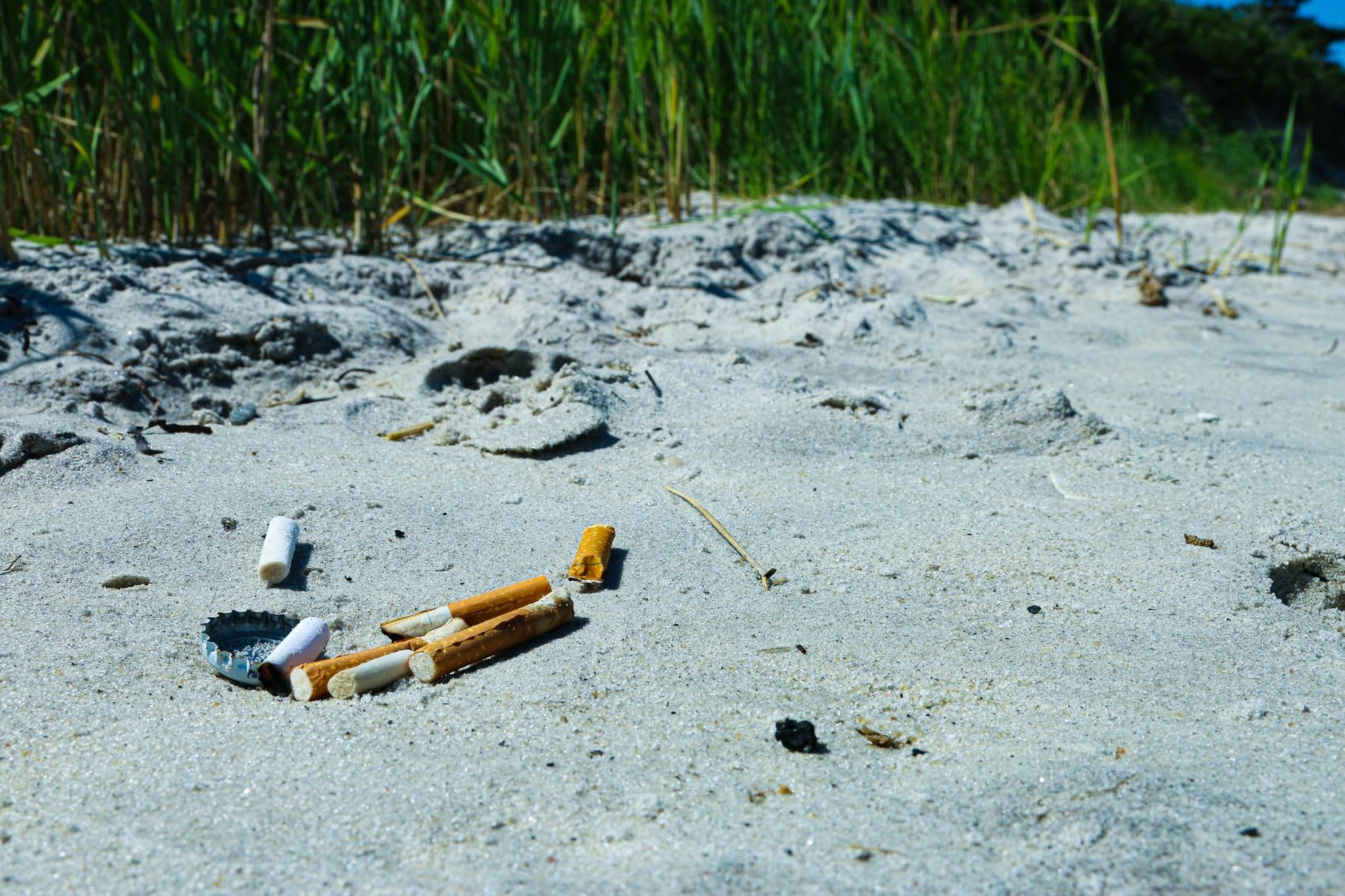
That’s why a couple of French and Tunisian scientists evaluated the effect of the cigarette filters (smoked or unsmoked) on the microbial diversity inhabiting coastal sediments. On the coast of the Mediterranean Sea, scientists formulated questions based on the possible change in the microbial diversity living in the beach and the dissolution of the chemical numbers caused by trace metals.
The studied area was on the northern coast of Sfax, Tunisia, which corresponds to an urban beach intertidal area highly frequented by locals. The scientist burned twelve fresh cigarettes as filter samples and another twelve collected from unsmoked. They were placed into a metal-free polypropylene tube to which incubation sediment and filtered seawater were added. At the end of the experiments, the cigarette filters were removed from the tubes and the seawater supernatant was filtered and stored in a tube for chemical analyses. Samples changed after four days of exposure to cigarette butts.
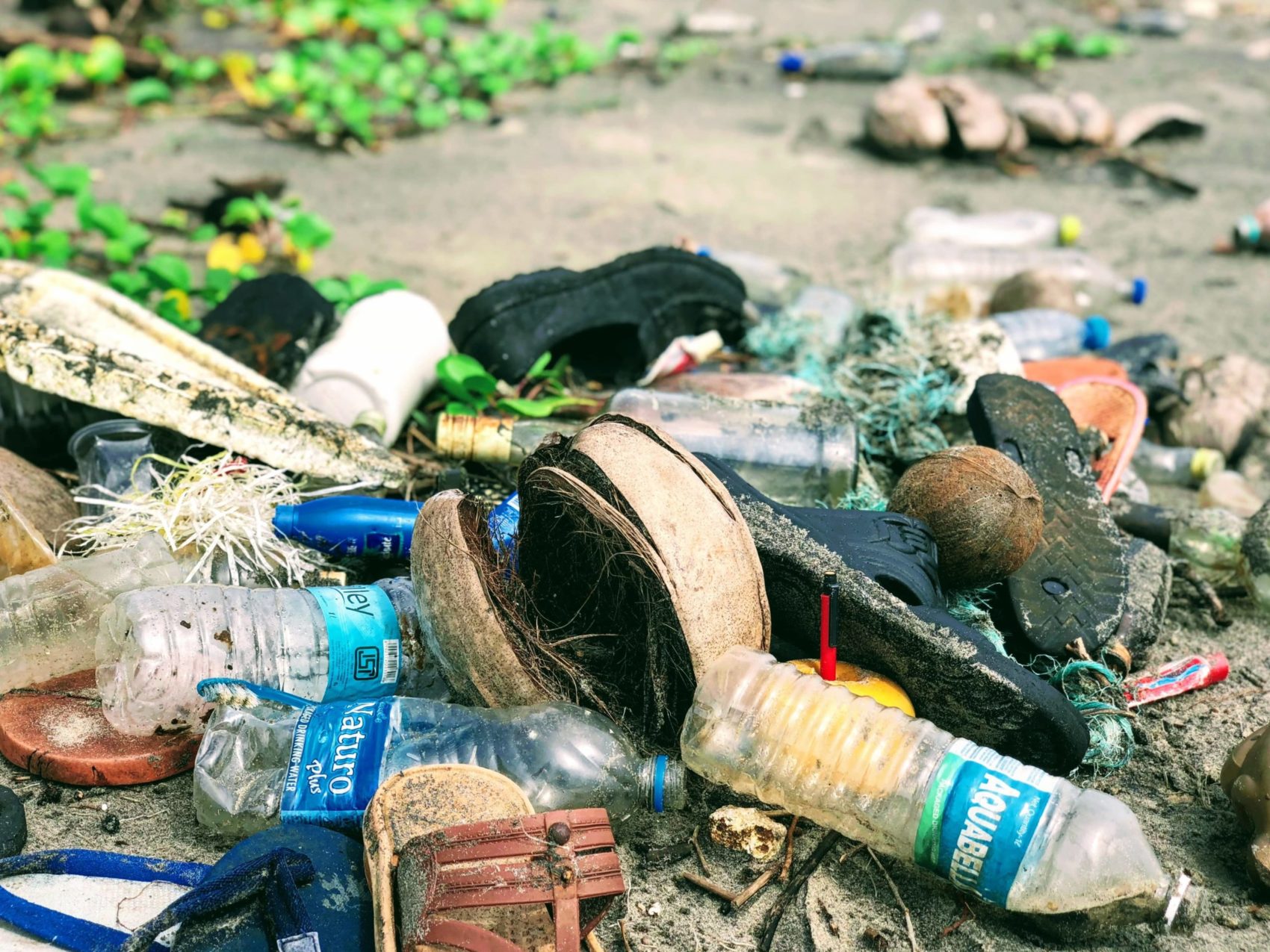
This study showed that cigarette butts changed the microbial diversity of coastal marine sediments and the physicochemical parameters of its surrounding environment. (Quéméneur, Zouari, Chifflet and Bel Hassen, 2020).
The seawater in the tubes with smoked and unsmoked filters reflected higher levels of metal, resulting in an impact on the chemical communication, reproduction, and growth of the ocean ecosystem. An additional discovery was that the insertion of the smoked filter to coastal sediment led to a depletion of bacterial organism known as Cyanobacteria that is unique because of his oxygenic photosynthesis and heterotrophic Bacteoridetes that synthesized their own biomolecules from organic compounds. In consequence, a collateral enrichment of the heterotrophic Gammaproteobacteria, and like any other Proteobacteria, is Gram-negative.
These experimental investigations are highly relevant to the scientific community and to promote awareness regarding the care of beaches and the whole environment.

